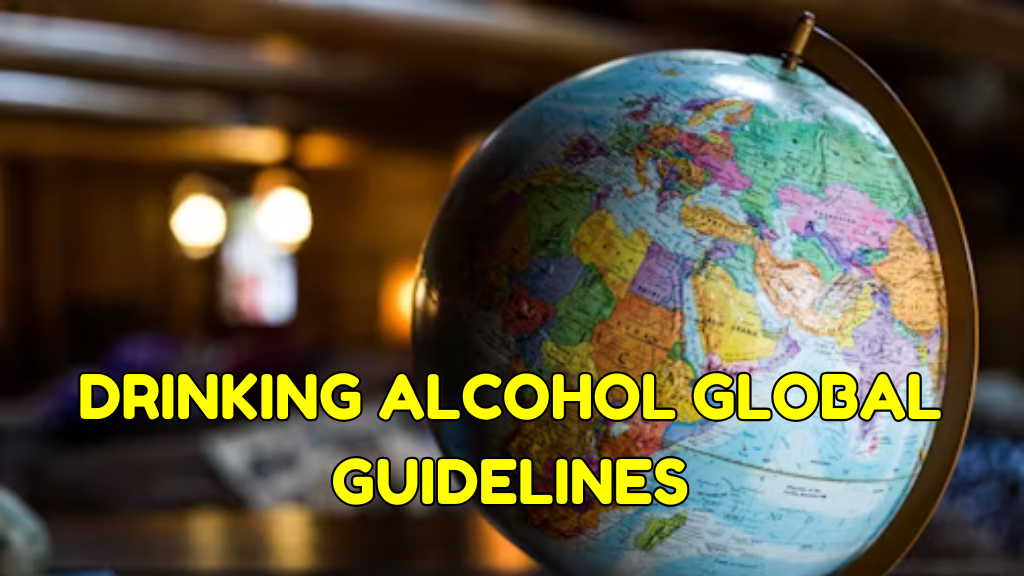The new year is here, which means it’s time for Dry January—a month when many people take a break from drinking alcohol. It’s also bringing attention to the risks of drinking, especially when it comes to cancer.
For a long time, people believed that drinking a little alcohol might be good for the heart. But newer, better research has shown that’s not really true. In fact, cutting back on alcohol is a smart way to stay healthier overall.
“Drinking less is one of the best things you can do for your health,” says Dr. Timothy Naimi, who leads research on substance use at the University of Victoria in Canada.
On Friday, U.S. Surgeon General Dr. Vivek Murthy suggested adding a new warning label to alcoholic drinks. He wants people to know that alcohol can increase the risk of cancer. However, making this change would need approval from Congress.
It’s a good reminder that drinking less—or not at all—can make a big difference for your health.
Does drinking alcohol cause cancer?
Alcohol is the third biggest preventable cause of cancer in the U.S., coming right after smoking and obesity, according to a new advisory.
The American Medical Association (AMA) is fully behind this push to make people more aware of the risks. They applauded the effort to update warning labels on alcohol, saying it could help people better understand the dangers, improve health, and even save lives. The AMA points out there’s been strong evidence for decades showing alcohol increases the risk of cancer.
A report from the American Association for Cancer Research, released in September, highlights the connection between drinking too much alcohol and six types of cancer:
- Breast cancer
- Colorectal cancer (affecting the colon or rectum)
- Liver cancer
- Stomach cancer
- Certain types of head and neck cancer
- Esophageal squamous cell carcinoma (a cancer in the lining of the esophagus)
Dr. Céline Gounder, a public health expert, recently explained on CBS News why alcohol is so harmful. It can cause chronic inflammation and disrupt the microbiome—the bacteria living in your gut—which raises cancer risks even further.
The message is clear: alcohol isn’t as harmless as many think. Being aware of the risks could make a big difference for your health.
What are the disadvantages of drinking alcohol?
Drinking too much alcohol increases the risk of many major diseases in the human body, such as cancer. In the country, it is becoming the biggest cause of cancer after tobacco. Drinking too much alcohol greatly increases the risk of body cancers such as liver, breast and mouth and throat.
Thousands of U.S. deaths per year could be prevented if people followed the government’s dietary guidelines, Naimi said.
Drinking alcohol in limited quantity is also beneficial for health and also prevents heart related diseases. One drink is the equivalent of about one 12-ounce can of beer, a 5-ounce glass of wine or a shot of liquor.
What do guidelines say in the U.S. compare to other countries?
Countries worldwide are encouraging people to drink less alcohol, and many have updated their recommendations. Recent changes in countries like the UK, France, Denmark, the Netherlands, and Australia suggest drinking less is better for your health. Ireland is even adding cancer warning labels to alcohol starting in 2026.
Experts say there’s now strong evidence linking alcohol to over 200 health problems, including cancer, heart disease, and injuries. Carina Ferreira-Borges, an adviser at the World Health Organization (WHO) in Europe, explains that the science is clear: alcohol is riskier than we used to think.
The UK, for example, is straightforward with its advice: “Drink less.” Their National Health Service says no amount of alcohol is completely safe, but following the guidelines can lower your risk of health issues.
The WHO and several other countries agree that there’s no such thing as safe drinking.
However, not everyone is on board with these stricter warnings. In the U.S., some groups, like the Distilled Spirits Council, have pushed back. They’ve called Ireland’s new labels, which warn about alcohol’s cancer risks, “misleading” and “over the top.”
But the global message is getting clearer: when it comes to alcohol, less is better for your health.
